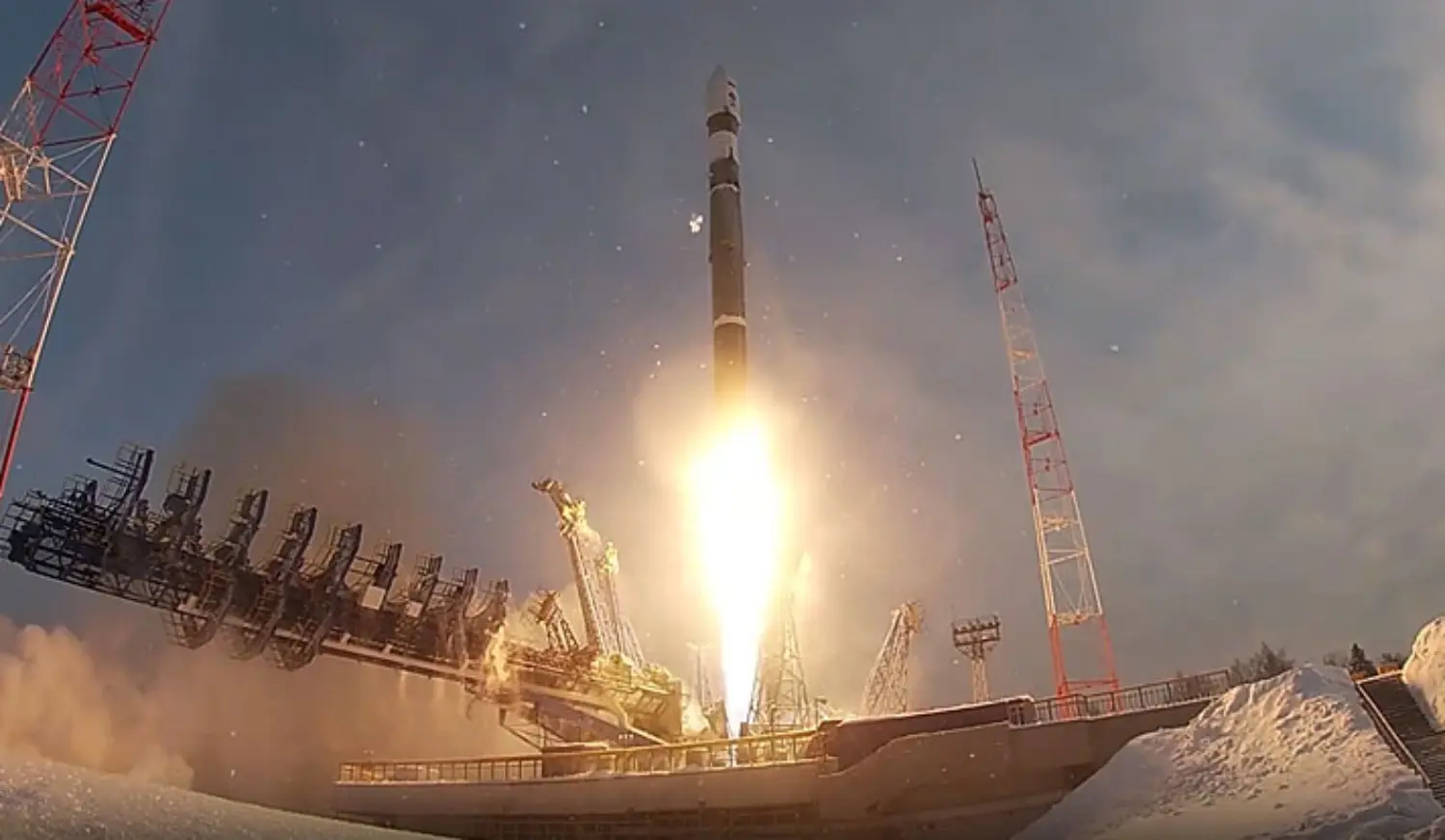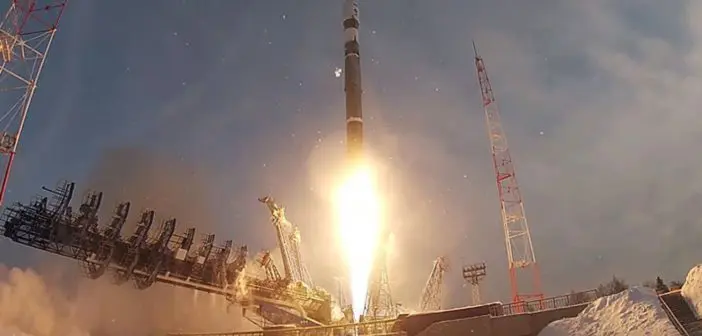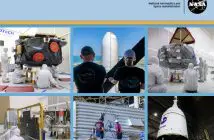
Hopes of a history-making five rocket launches over a 24-hour period this week evaporated after RocketLab aborted their planned launch due to space collision concerns. Instead, there were four launches on the day. This equalled, but did not exceed, the daily space launch record set in August 2024.
On Wednesday, February 4 (AEDT), SpaceX had scheduled two Falcon 9 rocket launches. RocketLab, Blue Origin, and Roscosmos had each scheduled one.
Both SpaceX launches went off without a hitch. The first launch, from Cape Canaveral, delivered a batch of Starlink v2-mini satellites into low Earth orbit. The payload included 13 direct-to-cell and eight normal v2-mini satellites that will join Starlink’s next-generation satellite constellation.
The second SpaceX launch a few hours later from the Kennedy Space Center took two Earth observation satellites from the Maxar Company into orbit.
SpaceX launches are now so frequent that CEO Elon Musk didn’t even bother tweeting about these launches.
Launches by Blue Origin and Roscosmos
The third launch involved a Blue Origin New Shepard rocket. It went aloft from its West Texas launch site. The suborbital flight carried 30 payloads to test them under simulated lunar gravity conditions.
The tests covered in-situ resource utilization, dust mitigation, advanced habitation systems, sensors and instrumentation, and small spacecraft technologies.
The Russian space agency, Roscosmos, performed the fourth successful rocket launch. It used an expendable Soyuz 2.1 rocket to carry an undisclosed payload into space from the Plesetsk Cosmodrome in the country’s northwest. Officially, the payload was “in the interests of the Russian Ministry of Defense.” Unofficially, several military satellites were onboard. Yesterday’s launch was also the 13th and final launch of the Soyuz 2.1 rocket.
The RocketLab Electron rocket launch from its pad on North Zealand’s North Island would have made it five rocket launches in 24 hours. But less than 24 hours out, it was called off. RocketLab said an updated COLA report ruled it out.
Risk of space collision too high
COLA, or collision on launch avoidance/assessment, is a process that assesses space traffic from other satellites and the International Space Station to determine when a rocket can be launched safely.
“It essentially it tells us when it’s safe to merge onto the space highway,” RocketLab posted on X.“ Because the position of spacecraft are always changing relative to each other and the Earth, COLA reports are most accurate a few hours out from launch, which is why sometimes they’ll cause a shift in launch date or time fairly close to the planned T-0.”
As more satellites are put into orbit and space fills up with more debris, COLA launch postponements may become a more frequent.
Three out of the four launches yesterday deployed yet more satellites into orbit. The RocketLab launch, when it happens, adds another five satellites to the mix. There are now over 10,000 satellites in orbit. However, if targets hold, this may increase to 100,000 by the mid 2030s.
RocketLab has shifted the launch back to February 9. There is only one other launch scheduled that day. Unsurprisingly, it’s SpaceX.





